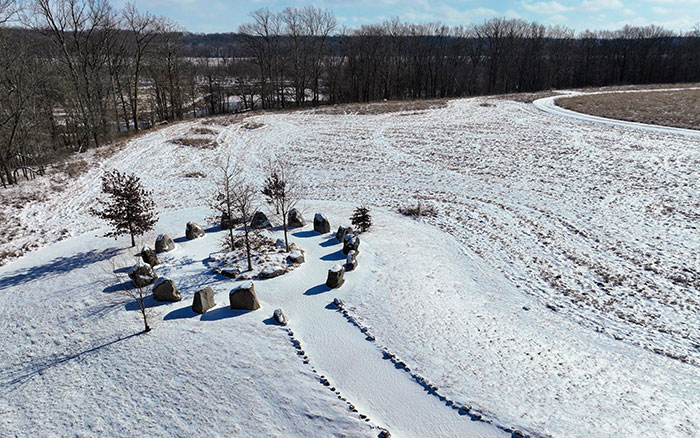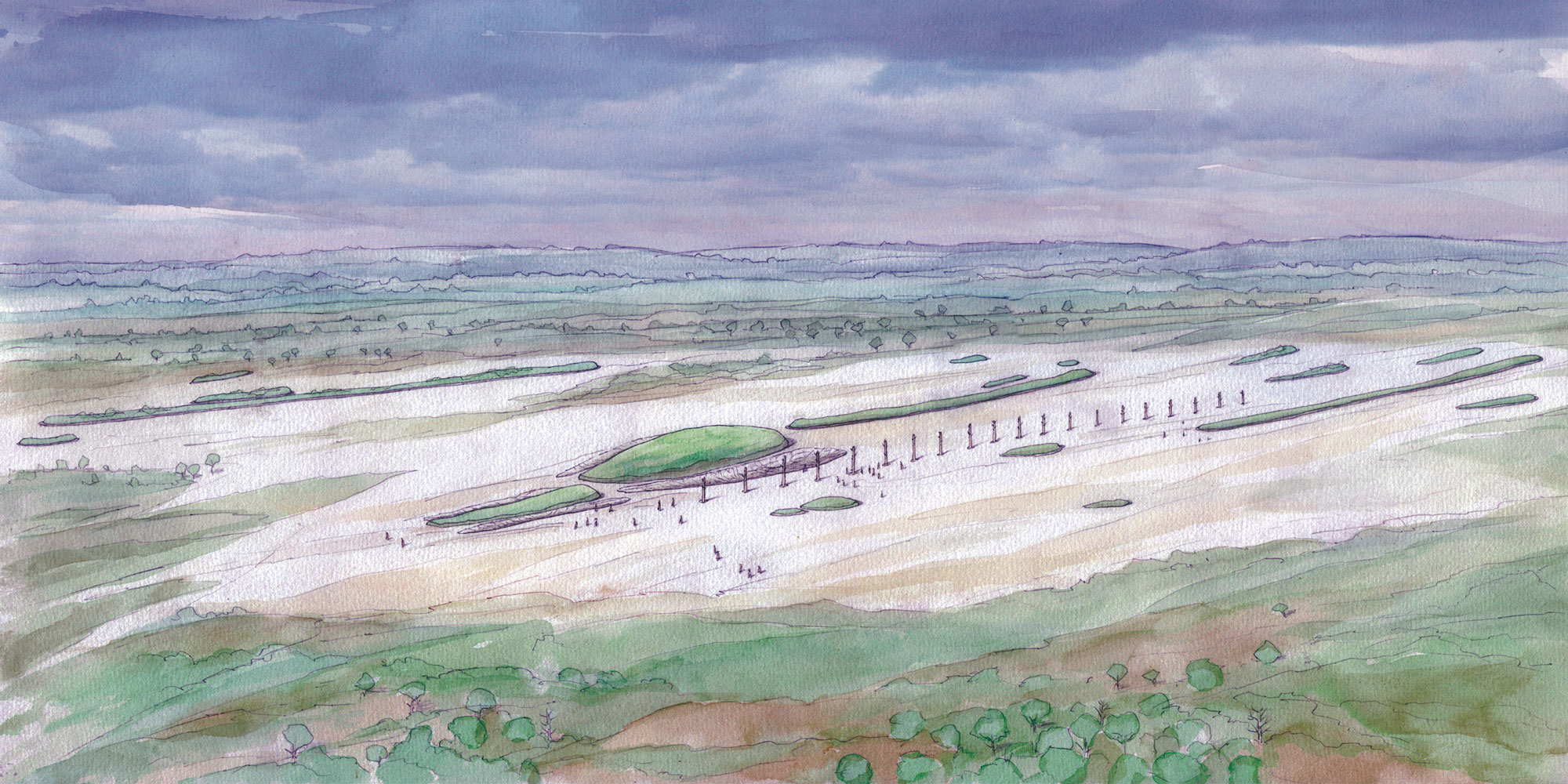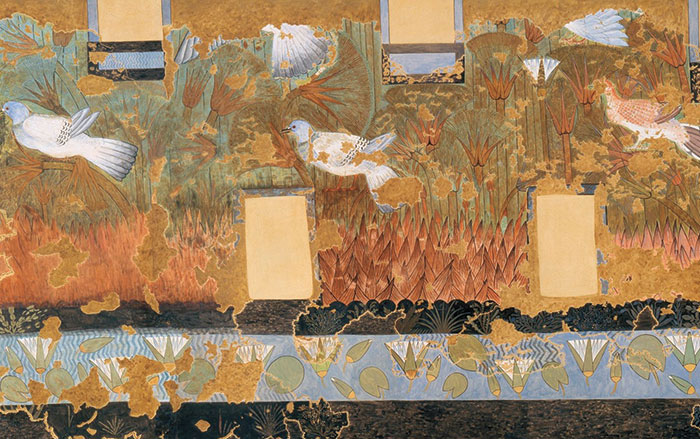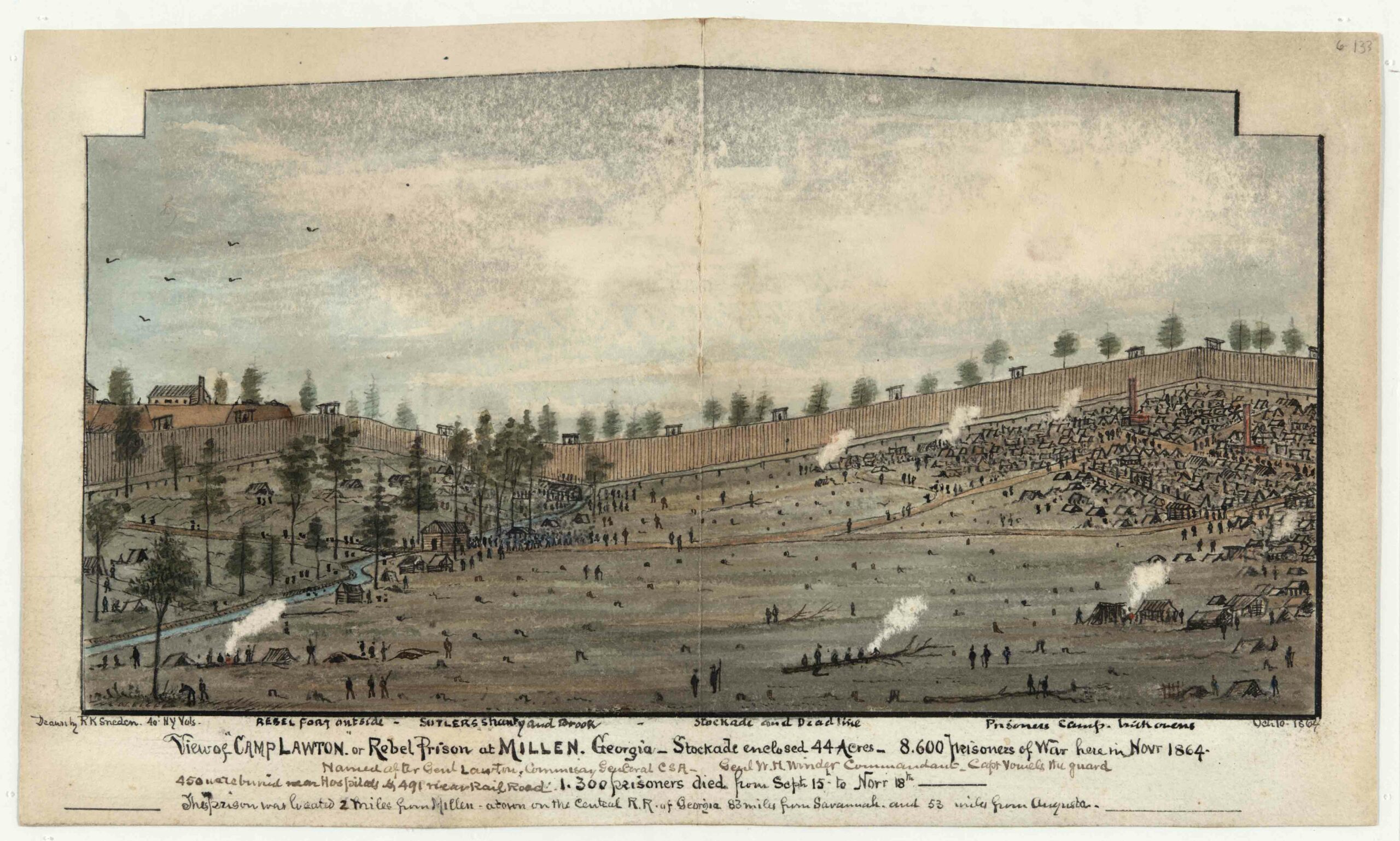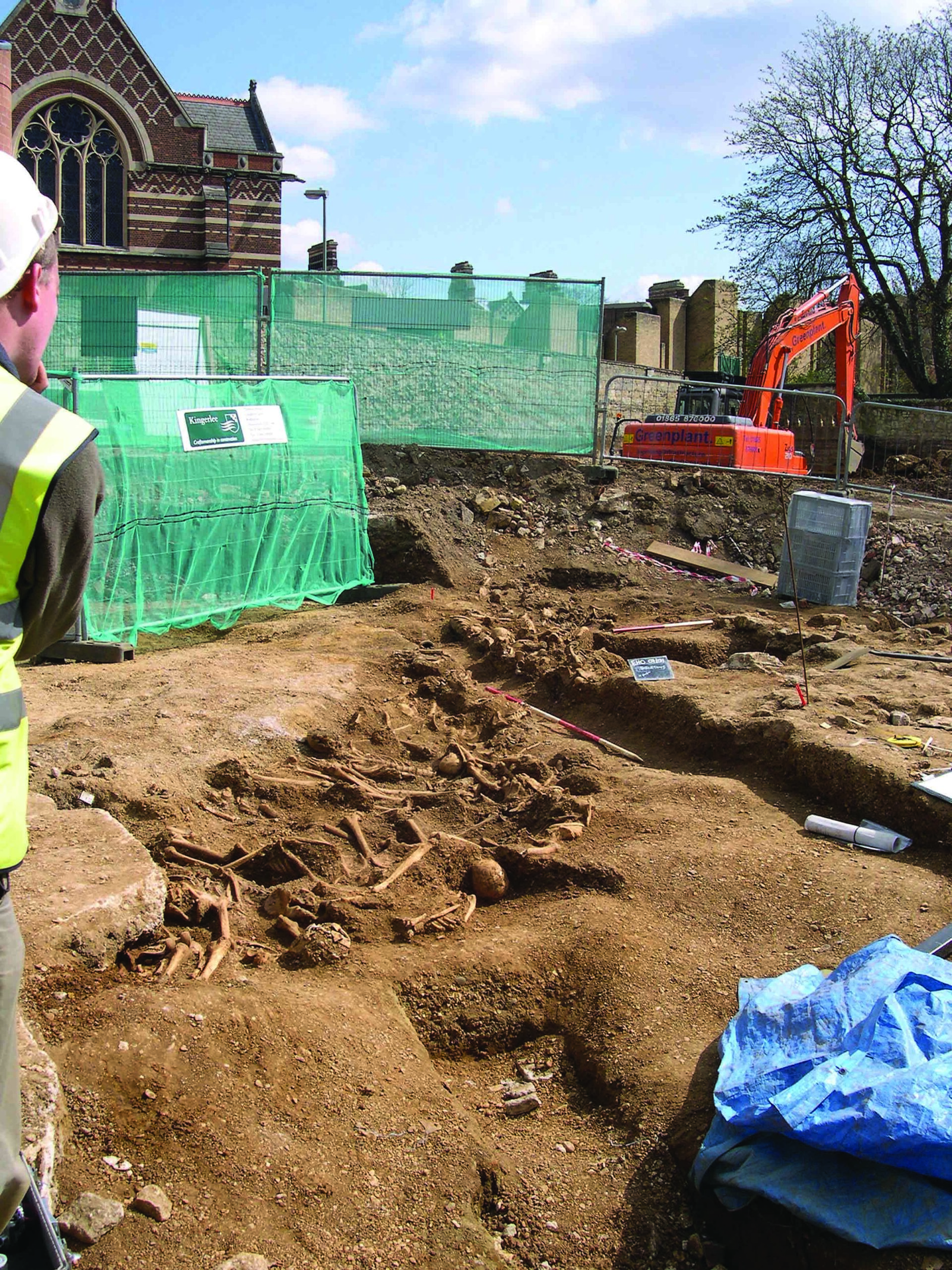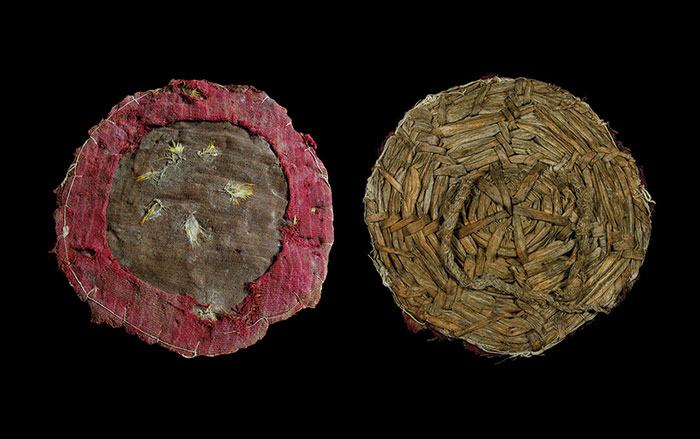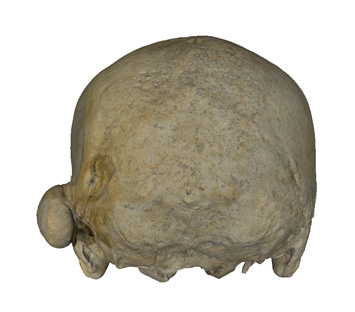
LONDON, ENGLAND—On Monday, the Royal College of Surgeons in London launched an online database of skeletal specimens showing some of the most grotesque conditions suffered by long-dead Britons. Many of the 1,600 bones found in the database, known as Digitised Diseases, came from archaeological excavations at locations such as the site of Yorkshire's Battle of Twoton in 1461, London Hospital's previously known burial ground (excavated beginning in 2006), and a cemetery in Gloucester. The conditions represented in the collection include traumatic injuries, scoliosis, syphilis, rickets, and leprosy. "We believe this will be a unique resource both for archaeologists and medical historians to identify diseases in ancient specimens, but also for clinicians who can see extreme forms of chronic diseases which they would never see nowadays in their consulting rooms, left to progress unchecked before any medical treatment was available," said Digitised Diseases lead researcher and University of Bradford forensic archaeologist Andrew Wilson.


